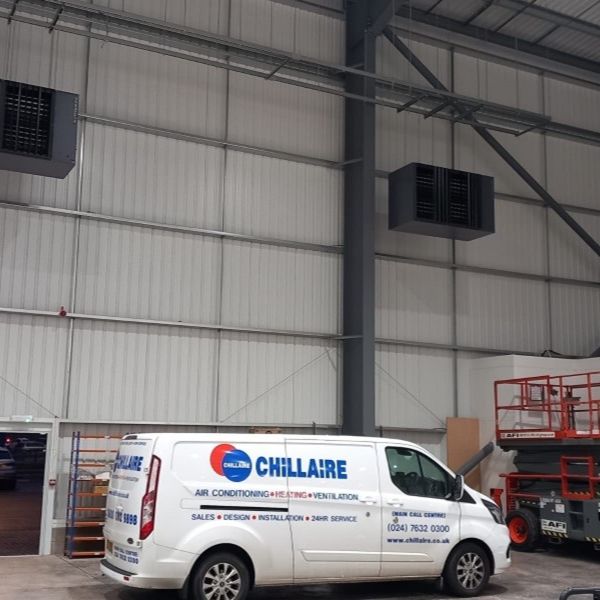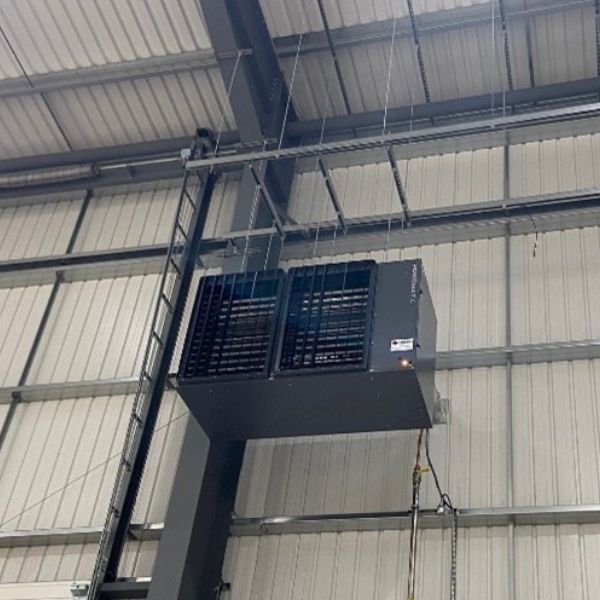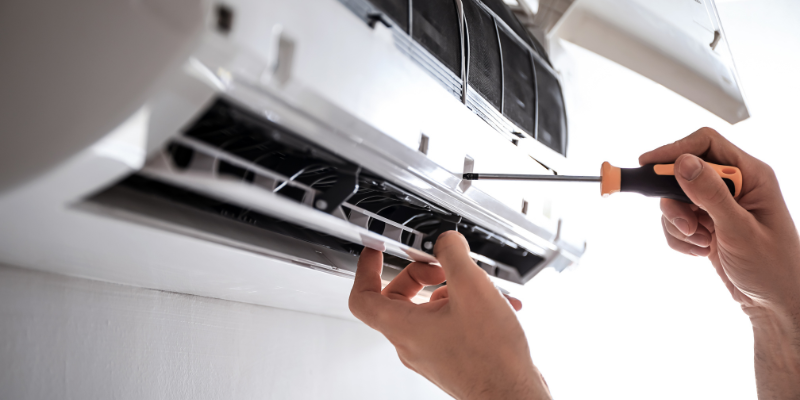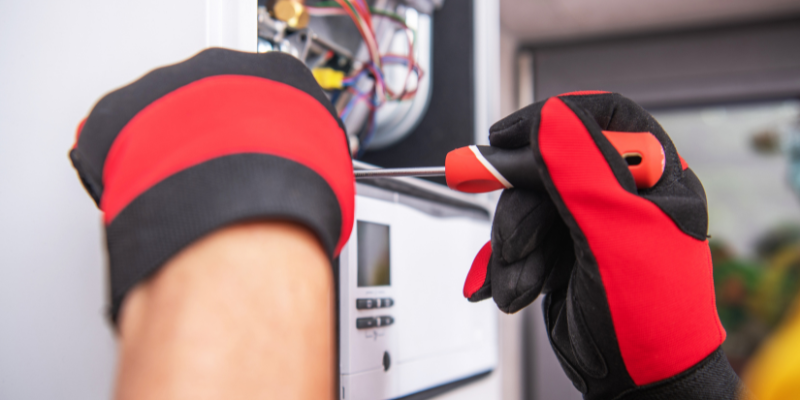Gas Radiant Tube Heater Installations
Gas radiant heating is a completely different way of providing heating to a designated area or half open buildings compared with gas warm air heating.
The radiant tube heater operation ensures a cleaner-burning, ultra-efficient heat. They can be ideal for part heating a building or designated spaces inside a large building or hard-to-heat large buildings looking for an environmentally low carbon footprint heating solution like warehouses and workshops.
The burner in a gas radiant tube heater generates a long laminar flame inside the radiant tube. This flame heats the radiant tubes up to around temperatures of 550°C to 580°C. An exhaust system mounted at the end of the tube heater discharges the combustion exhaust gas to atmosphere.
Therefore, the limitation of these types of heaters can be to their advantage, the heat can be directed more precisely as long as somebody or something is in reach of the heating appliance. They are suited for production areas or parts of a warehouse or car garage workshops where people work only in a part of the building or are constantly moving around.
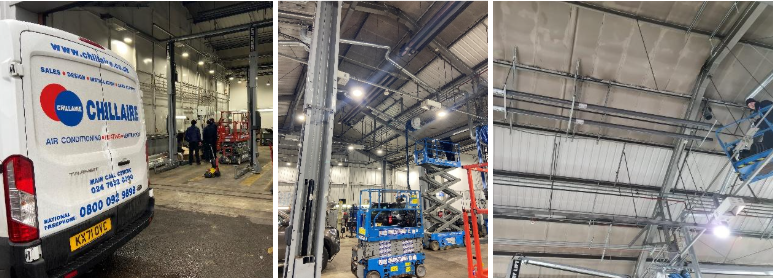
Powrmatic SRP PL Linear & PU U-Tube Radiant Heaters
The PL Linear & PU U-Tube Radiant Heaters Superior Radiant Products (SRP®) from Powermatic feature optimal comfort and energy savings with two-stage technology. High/low capability allows for quicker recovery on the high fire and economical steady operation on the low fire with either U-Tube or Single Linear configurations. SRP Linear & U-Tube Radiant Heaters comprises outputs ranging from 10 to 60kW offering maximum efficiency from lightweight radiant heating tubes providing direct heat and warmth in.
Winter-warm
The WRU and WRL series are eminently suitable for use in combination with indirect-fired air heating.
A relatively small air-heating capacity can keep the room at a certain minimum temperature while the workplaces themselves can be pleasantly boosted by a radiant tube.
The radiant tube can be switched on as and when required, and the comfortable heat is felt almost immediately.
In situations where an old, poorly insulated factory bay has to be heated, the heating of the entire bay with radiant tubes provides an excellent heating solution. Effective and energy saving.
The effect of radiant heat is felt immediately, and it ensures a long period of retained heat so the radiant tubes can be switched off well before the end of the working day. Transmission losses are relatively low as surfaces are heated instead of the air which escapes through the roof, bad insulated walls or other cracks.
For new sales & installation quotations for gas fired radiant tube heater please contact Chillaire Limited, a supplier and installer of Powrmatic systems by emailing us at: sales@chillaire.co.uk or you can call us:
Local Office Phone Numbers:
Coventry : 024 7624 9440
Nuneaton : 024 7632 0300
Rugby : 01788 669164
Warwick : 01926 825681
Leicester : 0116 252 5094
Northampton : 01604 269540
Kettering : 01536 384046
Milton Keynes : 01908 483585
Redditch : 01527 531275
Tamworth : 01827 842224
Derby : 01332 561729
Coventry Commercial & Industrial Heating Centre: Chillaire Limited, 16 Lythalls Lane, Coventry, West Midlands, CV6 6FG / Tel: 024 7624 9440 or email sales@chillaire.co.uk and you can visit our website for further details: www.chillaire.co.uk
Northampton Commercial & Industrial Heating Centre: Chillaire Limited, Moulton Park Business Centre, Redhouse Road, Moulton Park, Northamptonshire, NN3 6AQ – Tel: 01604 269540 or email sales@chillaire.co.uk and you can visit our website for further details: www.chillaire.co.uk



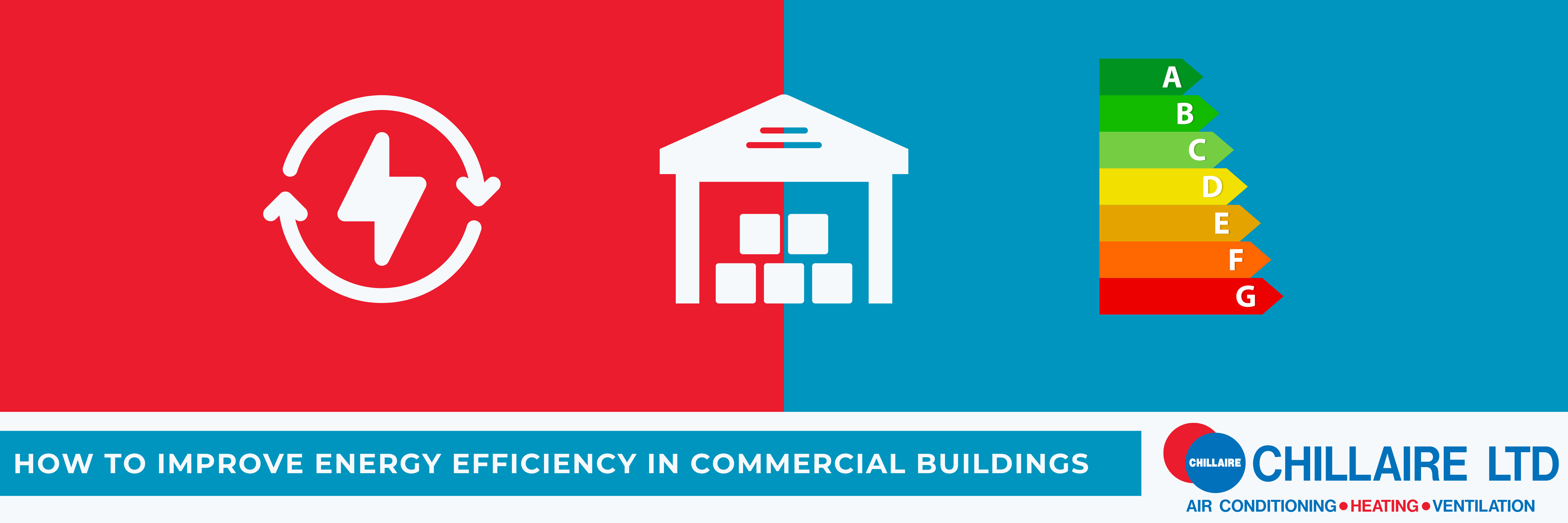
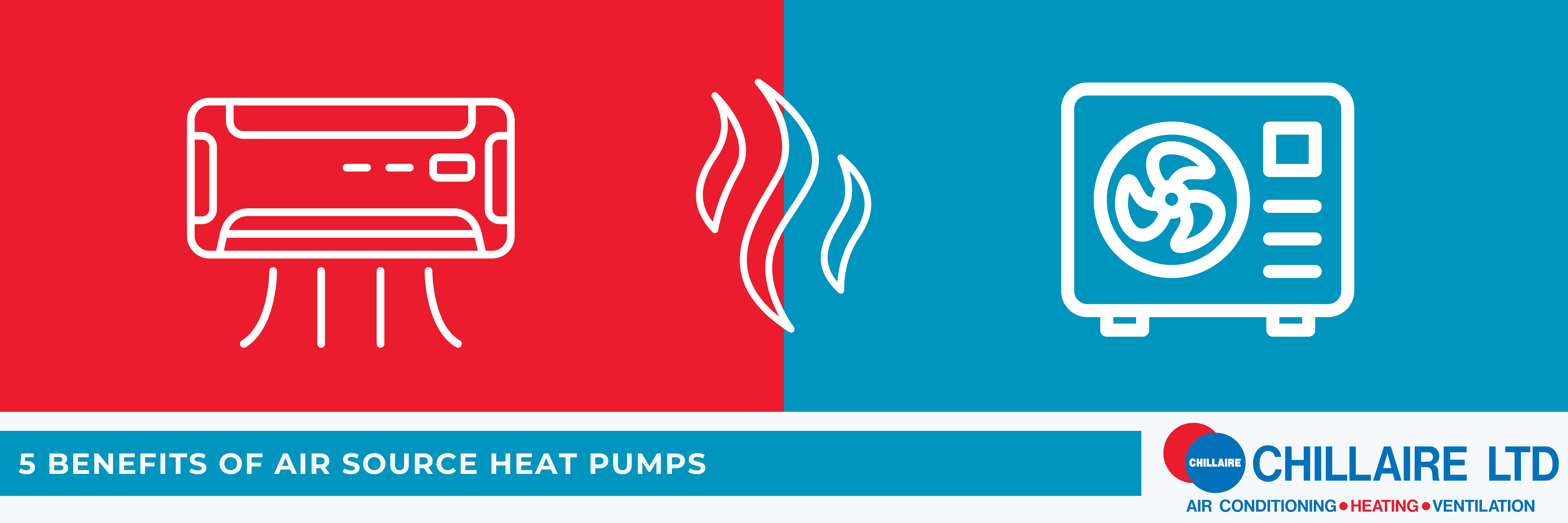
 How to Choose the Right Commercial Heating System
How to Choose the Right Commercial Heating System

